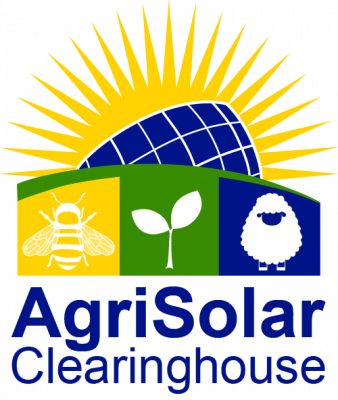Vegetation Management Cost and Maintenance Implications of Different Ground Covers at Utility-Scale Solar Sites
In this paper, researchers perform data analysis to detail the per-activity and total O&M costs for vegetation management at PV sites with different ground covers and management practices.
